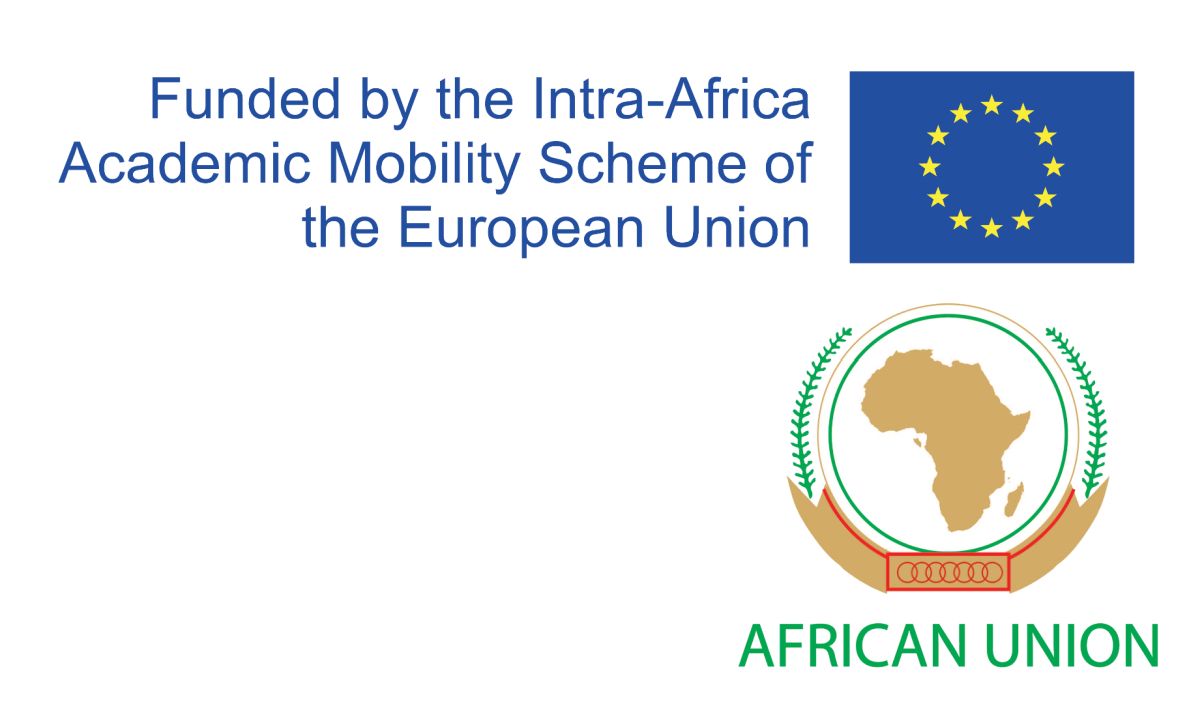
Research Project 1: Genomic Analysis of Malaria Resistance in African Populations
- Thematic field of study: Genomic Analysis of Malaria Resistance in African Populations
- Supervisor(s): Prof Jesse Gitaka
- Contact details: jgitaka@mku.ac.ke
- PhD (12 Months)
Objective
To investigate the genetic basis of resistance to malaria in African populations using advanced genomic techniques
Background
Malaria remains a major public health challenge in Africa. Understanding the genetic factors that confer resistance to malaria can lead to new strategies for prevention and treatment. This project will utilize bioinformatics tools to analyse genomic data from individuals with varying susceptibility to malaria
Methodology
- Collect genomic data from individuals in malaria-endemic regions.
- Use bioinformatics tools to identify genetic variants associated with malaria resistance.
- Perform functional validation of identified variants using in vitro and in vivo models.
Expected Outcomes
- Identification of genetic markers associated with malaria resistance.
- Insights into the mechanisms of genetic resistance to malaria.
- Potential targets for new therapeutic interventions.
Research Project 2: Genetic Diversity of Malaria Parasites and Its Impact on Vaccine Efficacy
- Thematic field of study: Genetic Diversity of Malaria Parasites and Its Impact on Vaccine Efficacy
- Supervisor(s): Prof Jesse Gitaka
- Contact details: jgitaka@mku.ac.ke
- MSC and PhD
Objective
To investigate how the genetic diversity of malaria parasites affects the efficacy of malaria vaccines, with a focus on understanding strain-specific responses and long-term vaccine effectiveness.
Background
Malaria vaccines, such as RTS,S/AS01 and R21/Matrix M, target specific antigens of the Plasmodium falciparum parasite. However, the extensive genetic diversity of these antigens can lead to varying vaccine efficacy across different parasite strains. Understanding this diversity is crucial for developing vaccines that provide broad protection.
Methodology
- Analyze genomic data from Plasmodium falciparum isolates in malaria-endemic regions.
- Use bioinformatics tools to assess the genetic diversity and population structure of key vaccine target antigens, such as the circumsporozoite protein (PfCSP).
- Evaluate the impact of genetic diversity on vaccine efficacy through computational modeling and immunological assays.
Expected Outcomes
- Detailed characterization of the genetic diversity of malaria vaccine target antigens.
- Insights into how genetic variation affects vaccine-induced immune responses.
- Recommendations for designing next-generation vaccines that account for antigenic diversity.
Research Project 3: Bioinformatics Pipeline Development for Immune Response Profiling in Malaria-Infected Individuals
- Thematic field of study: Bioinformatics Pipeline Development for Immune Response Profiling in Malaria-Infected Individuals
- Supervisor(s): Prof Jesse Gitaka
- Contact details: jgitaka@mku.ac.ke
- MSc and PhD
Objective
To develop a bioinformatics pipeline for analysing immune response profiles in malaria-infected individuals to identify immune markers associated with malaria severity in African populations.
Background
Malaria remains a leading cause of morbidity and mortality in Africa, with variations in disease severity influenced by genetic and immunological factors. Profiling immune responses in diverse populations can help uncover biomarkers and therapeutic targets.
Methodology
The project will involve the development of a pipeline for RNA-seq analysis to identify differentially expressed genes and pathways in malaria patients with varying disease outcomes. The student will implement and compare various tools for immune cell subset identification and pathway enrichment using publicly available and locally generated datasets.
Expected outcomes
A robust bioinformatics workflow for immune profiling and identification of potential biomarkers predictive of malaria severity, aiding in personalized treatment approaches.
Research Project 4: Naturally Acquired Humoral Immunity Against Malaria During Pregnancy
- Thematic field of study: Naturally Acquired Humoral Immunity Against Malaria During Pregnancy
- Supervisor(s): Prof Jesse Gitaka
- Contact details: jgitaka@mku.ac.ke
- PhD (12 months)
Objective
To investigate the mechanisms and effects of naturally acquired humoral immunity against malaria during pregnancy, focusing on how maternal antibodies influence pregnancy outcomes and neonatal health.
Background
Pregnant women are particularly vulnerable to malaria, which can lead to severe complications such as placental malaria, low birth weight, and preterm delivery. Naturally acquired immunity, particularly humoral immunity involving antibodies, plays a crucial role in protecting against malaria. Understanding how these immune responses are developed and maintained during pregnancy can inform strategies to improve maternal and neonatal health.
Methodology
- Process blood samples from pregnant women in malaria-endemic regions at different stages of pregnancy.
- Measure levels of specific antibodies (e.g., IgG, IgM) against Plasmodium falciparum antigens.
- Assess the functional capacity of these antibodies to neutralize parasites and mediate immune responses.
- Correlate antibody levels and functionality with pregnancy outcomes such as birth weight, gestational age, and incidence of placental malaria.
Expected Outcomes:
- Detailed characterization of the humoral immune response to malaria during pregnancy.
- Identification of key antibodies and their roles in protecting against malaria.
- Insights into how maternal immunity can be enhanced to improve pregnancy and neonatal outcomes.
Research Project 5: Impact of Placental Malaria on Neonatal Outcomes
- Thematic field of study: Impact of Placental Malaria on Neonatal Outcomes
- Supervisor(s): Prof Jesse Gitaka
- Contact details: jgitaka@mku.ac.ke
- Msc and PhD
Objective
To investigate the effects of placental malaria on neonatal health outcomes, focusing on the mechanisms and consequences of malaria infection during pregnancy.
Background:
The advent of high-throughput technologies has enabled the generation of vast amounts of gene expression data, offering valuable insights into the molecular mechanisms underlying various biological processes. Analyzing this data is crucial for understanding gene interactions, identifying biomarkers, and uncovering potential therapeutic targets. Co-clustering algorithms have emerged as powerful tools for extracting meaningful patterns from gene expression datasets by simultaneously clustering both genes and samples. This project aims to conduct a comprehensive comparative analysis of different co-clustering algorithms to discern their strengths, weaknesses, and applicability in the context of gene expression data. Co-clustering algorithms performance comparison is still an open research field.
Methodology
- Analyse clinical data and placental samples from pregnant women in malaria-endemic regions.
- Use histopathological and molecular techniques to diagnose placental malaria and assess the extent of infection.
- Analyse neonatal outcomes such as birth weight, gestational age at birth, and Apgar scores.
- Investigate the inflammatory responses in the placenta and their correlation with neonatal outcomes.
Expected Outcomes:
- Detailed understanding of how placental malaria affects neonatal health.
- Identification of biomarkers for early detection and monitoring of placental malaria.
- Insights into potential interventions to mitigate the adverse effects of placental malaria on neonates.

